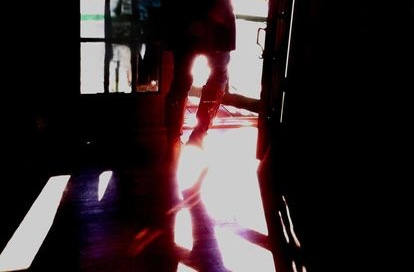Incorrigible: A Love Story
I Wanted To Be Good So My Mother Would Love Me. But I Didn't Know How.
My mother kept three crystal decanters on the sideboard. They belonged to the category of items called knickknacks, which existed solely for the purpose of resting on open surfaces. The decanters held tap water my mother dyed with red, yellow, and blue food coloring, and their brightness stood out against the sage green braided rugs and rust-colored couch of our ’70s living room. I liked the decanters. They had removable crystal tops that resisted pleasantly when I pulled them out and stuck them back in, as I did repeatedly while dusting on Saturdays. Speaking of dusting, the decanters were difficult with their intricate patterned crystal. Or maybe they were glass? I don’t know. But I’m certain they held tap water, although I never gave this a thought even as I watched my mother top them off with fresh water and more food coloring. I had no idea the decanters were meant to hold liquor, let alone what liquor was, except for whatever I saw on television. Adults almost never…





